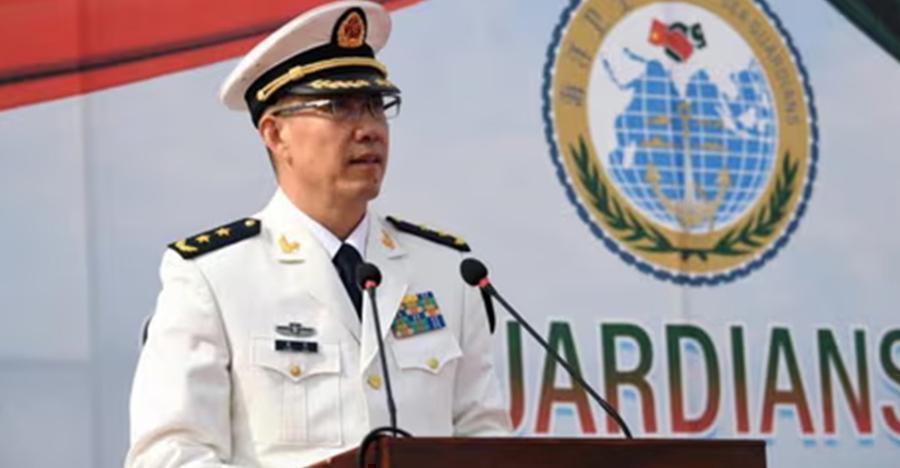
Post by: Dr. Amrinder Pal Singh
In a significant development, China has announced the appointment of Dong Jun, the former navy chief, as its new defense minister. This move comes as a replacement for the previous incumbent, who mysteriously disappeared from public view four months ago, adding an element of intrigue to the leadership reshuffle within China's defense establishment. Dong Jun's elevation to the position of defense minister holds strategic implications, especially against the backdrop of China's heightened assertiveness in the South China Sea and its complex relations with Taiwan.
Dong Jun brings a wealth of experience to his new role, having previously served as the vice-commander of the Southern Theatre Command. This command plays a crucial role in operations conducted in the South China Sea, a region where territorial claims have been a longstanding source of tension. China asserts dominance over the majority of the South China Sea, raising concerns among neighboring countries and global stakeholders about its territorial ambitions and maritime activities.
The timing of Dong Jun's appointment is noteworthy, aligning with a period marked by increased Chinese assertiveness in regional geopolitics. The Taiwan Strait has been a focal point of tensions, with China taking a more aggressive stance towards the island nation, which it considers a renegade province. The strategic significance of Taiwan, coupled with its complex relationship with mainland China, underscores the broader implications of leadership changes within the Chinese defense apparatus.
The South China Sea, a critical maritime route and a hotbed of territorial disputes, has witnessed growing assertiveness from China in recent years. Beijing's expansive territorial claims, coupled with the militarization of artificial islands, have raised alarms regionally and globally. Dong Jun's background in the Southern Theatre Command positions him at the center of China's military activities in this crucial maritime theater, making his appointment particularly pertinent.
In a potential sign of a broader restructuring within the Chinese military, nine senior officials were removed from the country's top legislative body. This development hints at a possible purge within the military leadership, with implications for the power dynamics and strategic direction of China's armed forces. The motives behind these changes remain speculative, but they add an element of intrigue to the evolving landscape of Chinese military and political leadership.
The disappearance of the previous defense minister raises questions about the internal dynamics and potential power struggles within the Chinese government. The lack of transparency surrounding such high-level changes further fuels speculation about the motivations behind these maneuvers. Understanding the intricacies of China's political landscape becomes crucial in deciphering the implications of these leadership changes, both domestically and on the international stage.
The global community, particularly countries in the Asia-Pacific region, closely monitors China's military and strategic developments. The South China Sea, with its complex web of territorial claims and strategic interests, remains a focal point of geopolitical tensions. Dong Jun's appointment as defense minister adds a layer of complexity to the ongoing dynamics in this region, as his role in the Southern Theatre Command signifies a strategic link to China's activities in the contested waters.
The implications of these changes extend beyond regional dynamics, influencing global geopolitics. China's growing assertiveness, both militarily and economically, shapes its relationships with major powers and regional players. The United States, in particular, closely watches China's military developments, given the strategic competition between the two nations. The leadership changes within China's defense establishment contribute to the evolving narrative of this geopolitical rivalry.
The move to remove senior military officials from the legislative body further underscores the intricate nature of China's political and military restructuring. Such purges are not unprecedented in Chinese politics and can be indicative of power consolidations or policy shifts. Analyzing these shifts requires a nuanced understanding of China's political system, where the military plays a pivotal role in shaping national strategy and security policies.
As Dong Jun assumes the role of defense minister, his priorities and approach will come under scrutiny, both domestically and internationally. The geopolitical landscape, marked by the Taiwan question, South China Sea disputes, and broader regional dynamics, will significantly shape China's defense strategy. The global community will keenly observe how the new leadership addresses these challenges and whether it signals a departure from or continuity with past policies.
In conclusion, the appointment of Dong Jun as China's new defense minister amid broader changes within the military leadership raises questions about the country's strategic direction and internal power dynamics. The South China Sea, Taiwan, and global geopolitics are key arenas where the implications of these shifts will be felt. As China continues to assert itself on the world stage, the actions and decisions of its defense leadership will be closely monitored, influencing regional stability and international relations.
#DongJun #ChinaDefenseMinister #SouthChinaSea #TaiwanRelations #GeopoliticalShifts #MilitaryRestructuring #GlobalSecurity #LeadershipChanges #AsiaPacific #ChinaPolitics #PowerDynamics #StrategicImplications #PoliticalIntrigue #GlobalGeopolitics #SecurityPolicy #MilitaryLeadership #AsiaPacificSecurity #DefenseStrategy #TaiwanTensions #ChinaGlobalInfluence

Vikrant Karyakarte: The Artist Who Paints the Rhythm of Life....Read More.
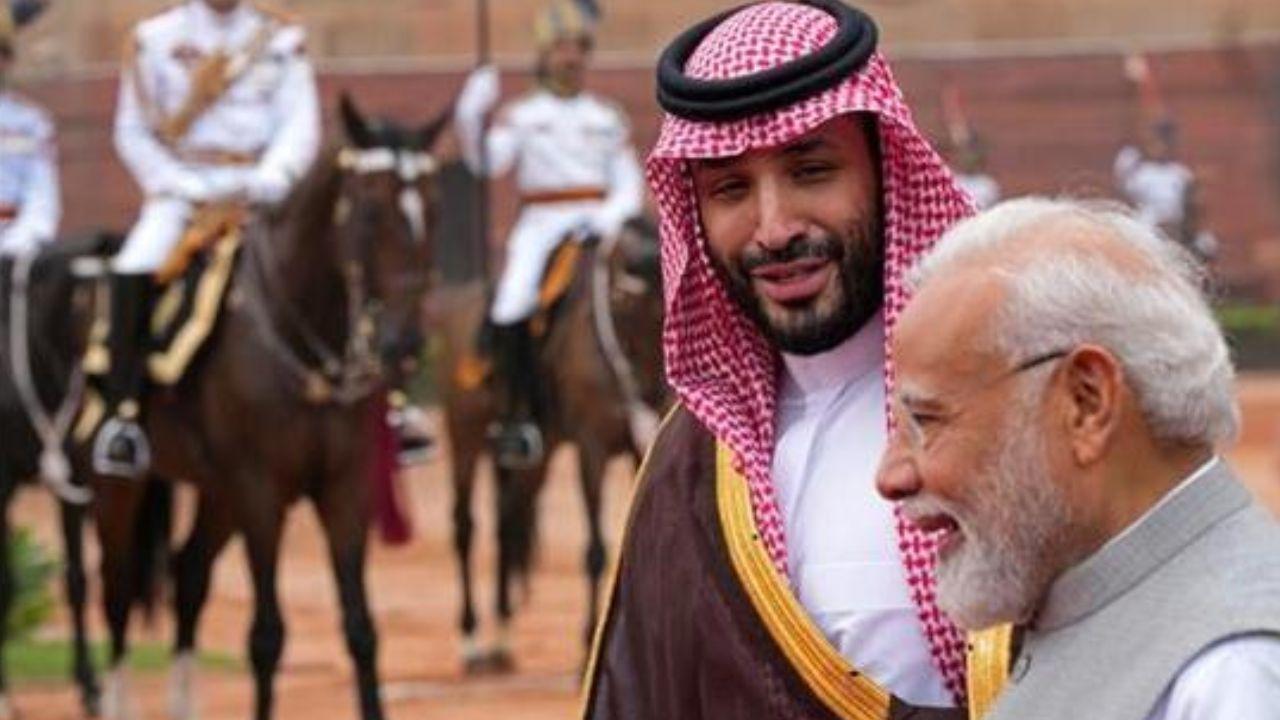
PM Modi will visit Jeddah to meet Crown Prince MBS. Talks will cover strong ties, strategy, and new MoUs. This is his first visit in his third term....Read More.






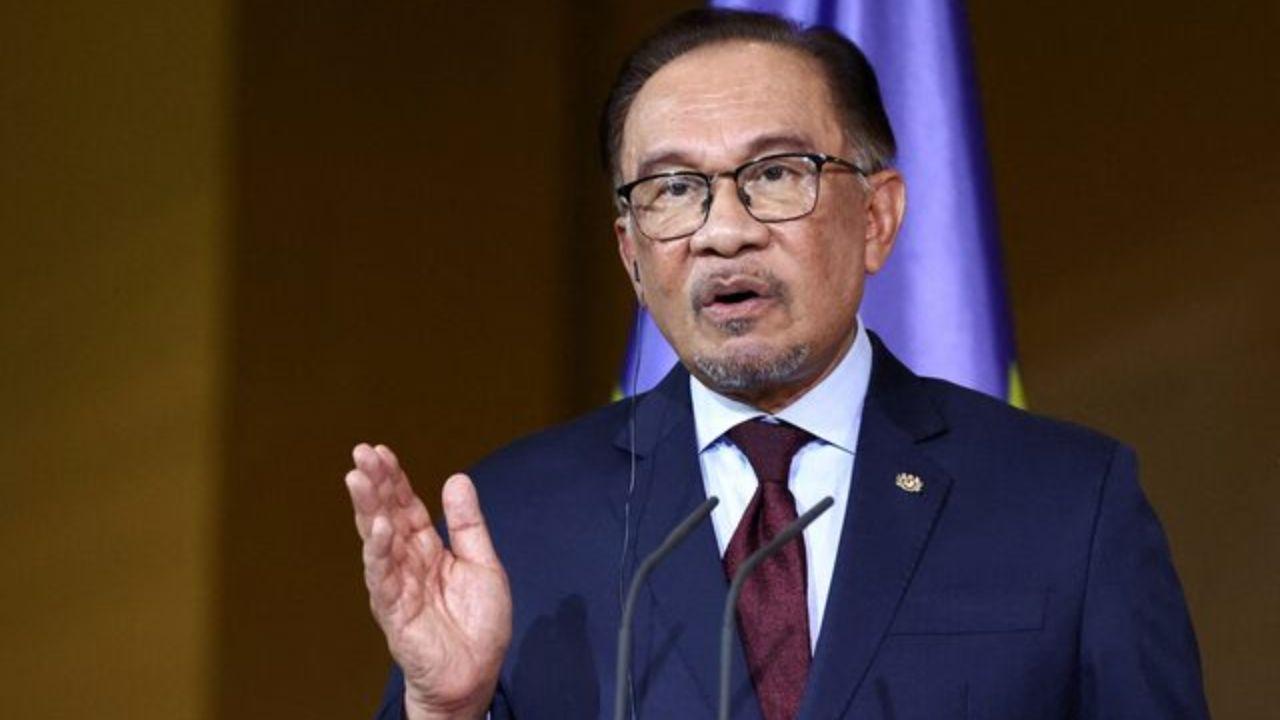


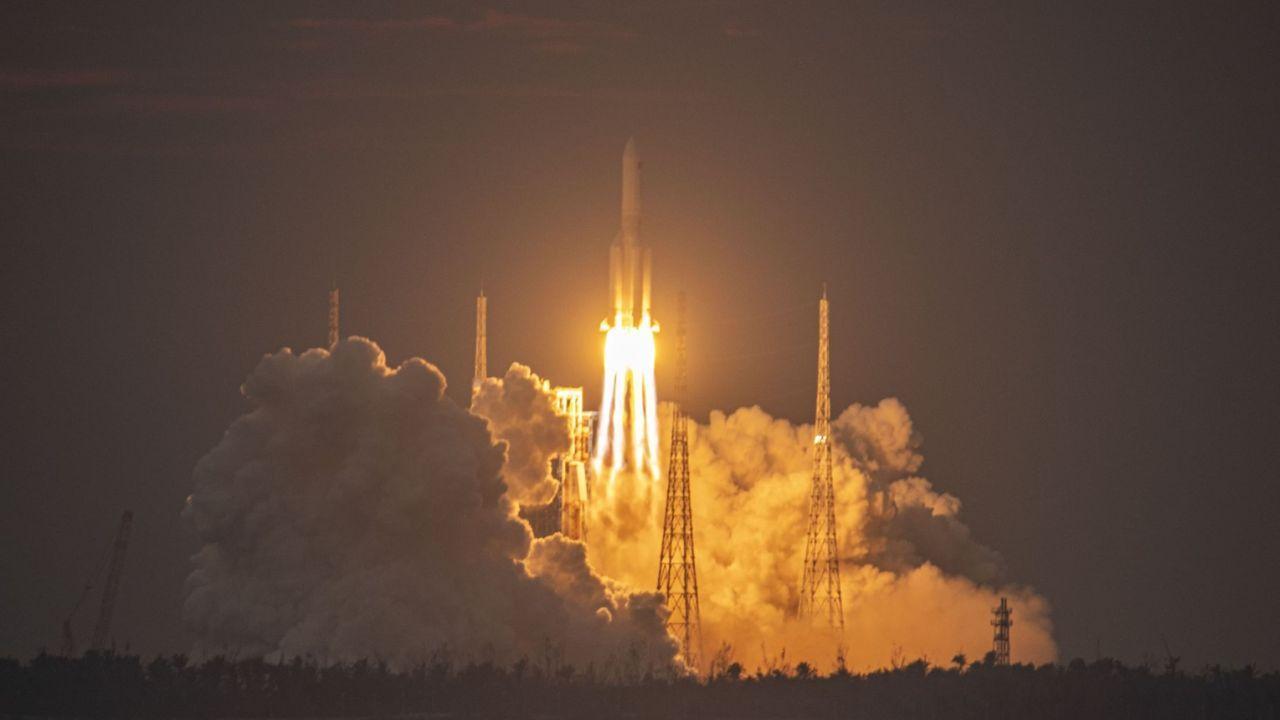
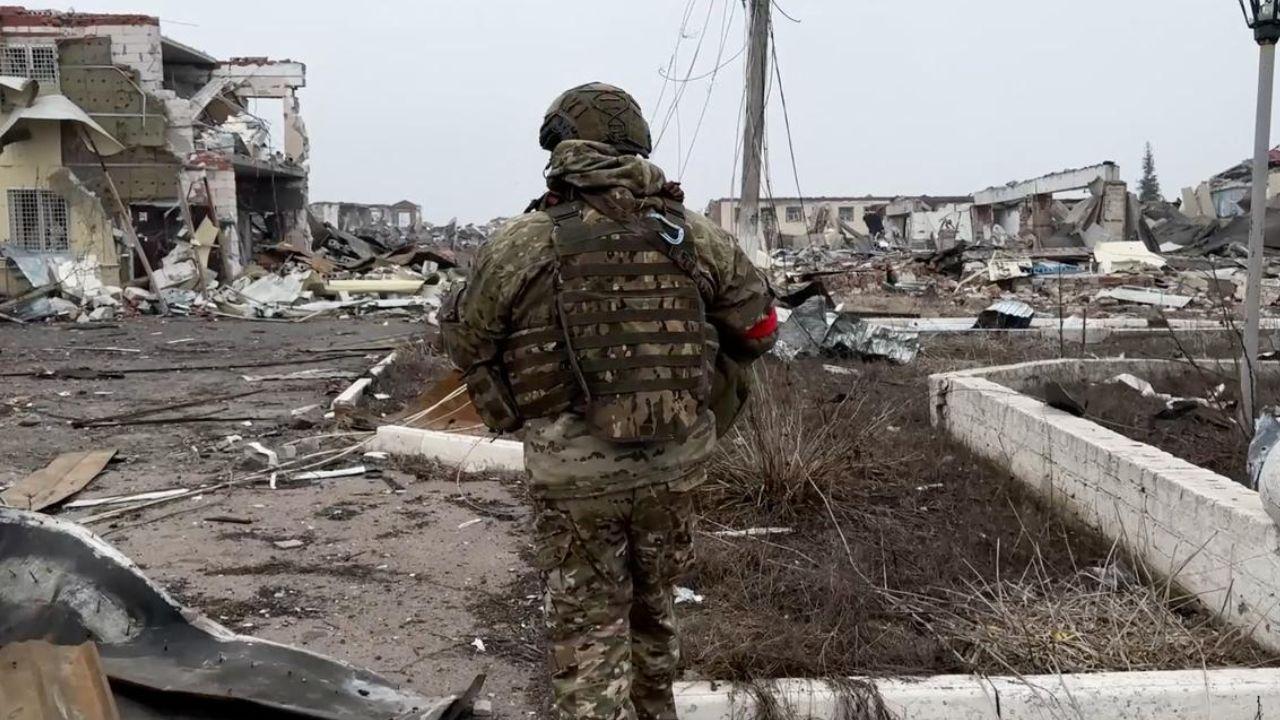



Humanoid Robots Race with Humans at Half-Marathon in China
21 humanoid robots raced alongside runners in the Yizhuang half-marathon, showcasing robotic enginee

Woman Brain-Dead After Paris Cryotherapy Accident
A woman is brain-dead after a fatal cryotherapy accident in Paris that also claimed a gym worker’s l

A Chinar Leaf in the Desert: Zubair Kirmani and the Journey of Kashmir at World Art Dubai
A Chinar Leaf in the Desert: Zubair Kirmani and the Journey of Kashmir at World Art Dubai

Carla Gía Brings the Language of Duality to World Art Dubai 2025
Carla Gía Brings the Language of Duality to World Art Dubai 2025

Not Just a Painting, It’s a Pulse: Deena Radhi at World Art Dubai 2025
Not Just a Painting, It’s a Pulse: Deena Radhi at World Art Dubai 2025